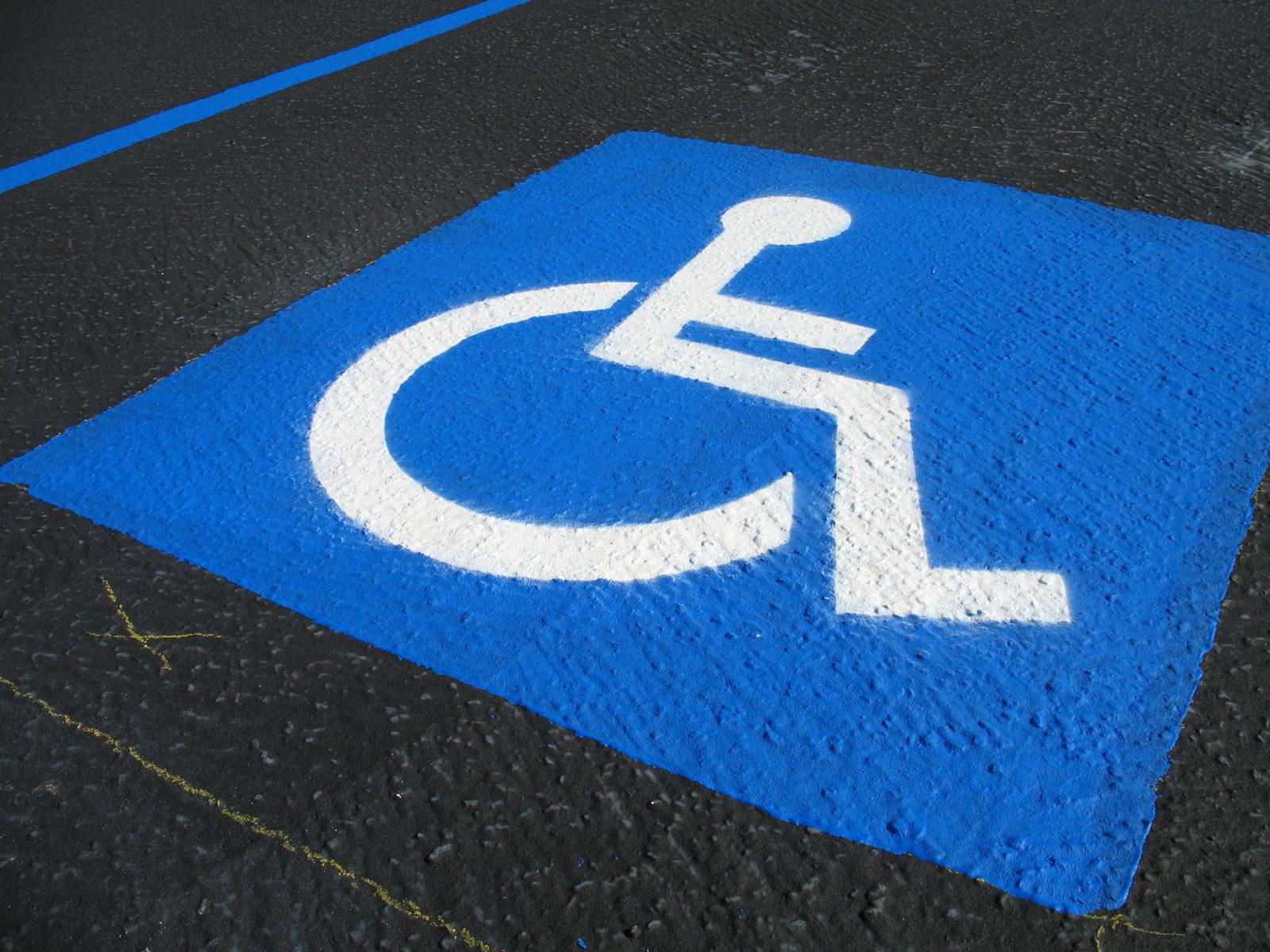All around Boston, there are parking spaces specifically designated for people with disabilities — but data suggests these spaces are being overrun by people without disabilities, people who are taking advantage of the system’s weaknesses. Soon, however, those spaces may be a little more meaningful.
On Thursday, the Massachusetts Senate voted unanimously in favor of cracking down on abuse of disabled parking permits. The proposed legislation would increase fines and lengths of license suspensions for offenders, in addition to other measures meant to make both the process of obtaining a permit and the consequences of lying about one more strict.
The motion comes in response to a 2016 report by the state which found a massive abuse of the disability parking placards. In 2014, officials surveyed several Boston neighborhoods for a period of 34 days, during which time they found 77 vehicles that regularly used placards belonging to someone other than the vehicle’s owner, and 325 total vehicles wrongly using someone else’s placards.
The extra wiggle room that the state’s current regulations provide make things easier for people with disabilities who don’t have to jump through as many hoops to obtain proper documentation. But that same wiggle room also makes the system easy to scam. Better regulations are clearly worth the cost.
A huge part of the issue stems from the fact that disability placards can often guarantee free parking — both at regular parking meters and in disabled parking spots. In a city where parking is so limited and so expensive, it’s no wonder the allure of an easy parking spot with no cost is enough of an incentive for people to try and cheat the system a little.
City officials estimate lost parking meter revenues from this kind of abuse might amount to millions of dollars each year. However, it seems unlikely that these reforms will do much to mitigate that. If people are so desperate to find parking that they are willing to take advantage of resources allocated for people with disabilities, it feels unlikely that they would be willing to pay the price of parking in Boston, regardless of how harsh restrictions are made.
The Senate’s proposed measures are admirable, but what would be even better is to address the very real parking crisis that Bostonians are facing. No one wants to take a disabled parking spot from someone who really needs it, but when the other option is spending far too long and far too much to do something as simple as parking a car, it makes sense that people are going to these lengths.
It all goes back to the importance of public transportation. If people were able to put their trust in our city’s public transportation — especially disabled people — it would make a world of difference when it comes to making the most of Boston’s limited parking space.
Cities are almost always un-accommodating for people with physical disabilities — there are so many challenges involved in the seemingly simple task of getting from place to place. Boston is no different. Impatient drivers, overcrowded trains and oh so many stairs all make the T next to impossible for people with disabilities. The MBTA’s RIDE service for people with disabilities is a famously terrible alternative — even slower and less reliable than standard forms of public transportation. These problems have been around for a while, and it’s about time we started to address them.
The Senate made a good call on Thursday in regulating disabled parking permits, and in all likelihood, the House will soon follow suit. However, Massachusetts must realize that these lawbreakers are the effect of our broken parking system, not the cause. When Bostonians can afford to park in their own city, or are able to take public transportation to avoid it — regardless of whether or not they have a disability — then we will be in good shape.

















































































































